Succulent

Possibly the ultimate Small Indoor Plants, succulents are a very popular plant that are ideal in a small space, terrarium & more.
A Guide to Succulent Plant Care
Succulent plants are a very diverse group of plants that are known for their ability to store water. They store water in their leaves, stems or roots and this makes them very adaptable to various environments.
Their adaptability makes them an ideal houseplant and indeed succulents are a popular choice for beginners and experienced plant owners.
Need a Rubber plant care kit? It includes everything you need to keep your Rubber plant roots, leaves and soil in top condition so your plant will look great!
Buy our succulent plant care kit
Let's take a look at some popular succulent house plant varieties and essential tips and tricks for keeping your succulent houseplants healthy and thriving.
Types of Succulents
There are many succulent plant varieties. Each has its own unique characteristics and care requirements. Let's explore some of the most popular succulent plant varieties:
Echeveria
Known for their rosette-shapes and vibrant colors echeveria have thick, fleshy leaves.
Sedum
Sedums are low-growing succulents with clusters of small, thick leaves. They are often used in ground cover plantings.
Aloe
Aloe plants have long, pointed leaves and are well-known for their medicinal properties.
Haworthia
Haworthias are small succulents with distinctive, patterned leaves. They are often grown indoors.
Crassula (Jade Plants)
Crassulas, also known as jade plants, have thick, glossy leaves and are popular as houseplants.
Succulent Light Requirements
Like most indoor plants, succulents thrive in bright, indirect light. The best position for them is near a window where they can receive at least 6 hours of sunlight per day.
Avoid exposing them to direct sunlight, as it can cause sunburn.
How Often to Water Succulents
An imperative part of caring for succulents is proper watering. This is one of the most important aspects of succulent care.
Succulents are drought-tolerant plants, so it's crucial not to overwater them. Overwatering, will lead to poor health and potentially the expiration of your plant.
A great way not to overwater, is to allow the soil to dry out completely between waterings. When you water, do so thoroughly until water drains out of the bottom of the pot.
It is vital to avoid leaving your succulents sitting in water, as it can lead to root rot.
Succulent Soil
Succulents should be planted in a well-draining soil mix specifically formulated for succulents.
Heavy potting soils that retain moisture should be avoided because they can cause root rot.
Cactus focus repotting mix makes a great succulent plant soil and a great option is to add perlite to improve drainage.
Succulent Temperature
Being from warm regions, succulents prefer warm temperatures between 60°F and 80°F (15°C and 27°C).
They should be protected from extreme cold or hot temperatures, as they can damage the plants.
Succulent Fertilizer
Succulent plant food should be a balanced, water-soluble fertilizer. Cactus focus fertiliser is a great succulent plant food.
It is important to ensure you feed succulent food during the growing season (spring and summer) and reduce or stop adding succulent fertilizer during the dormant period (autumn and winter).
Succulent Pests & Diseases
An important part of succulent care is to inspect your succulents regularly for signs of pests. Succulent pests such as mealybugs or spider mites can on occasion arise.
If you notice any pests, treat them with an appropriate insecticide SB plant invigorator and bug killer is a great way to eliminate pests and encourage growth.
Most succulent diseases are the result of overwatering. Overwatering can can lead to fungal diseases.
Final Thoughts on Succulent Houseplants
Succulent plants are a large range of plants each with their own characteristics and requirements.
They are drought tolerant plants that offer an undemanding and resilient houseplant.
Succulents tend to be smaller and slower growing, so they are ideal if you are looking for a small houseplant or one that is tolerant of dry periods.
We think succulents are great on a shelf, a desk or in a terrarium!
Succulent Plant Food
-
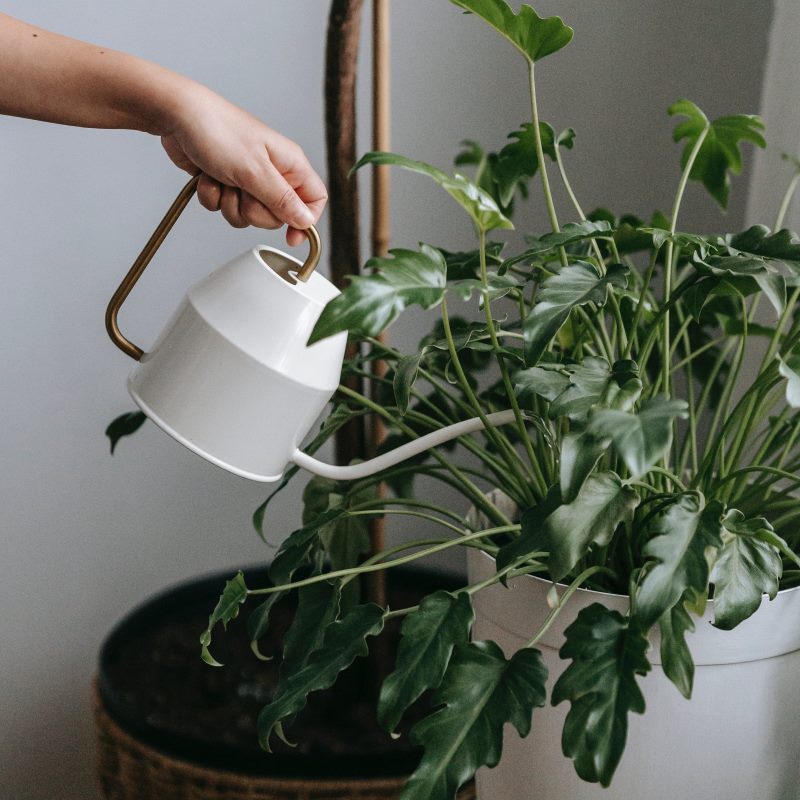
Indoor Plant Food
Buy Indoor Plant Food -

Plant Drip Feeder
Buy Plant Drip Feeders
Succulent Support Sticks & Clips
-
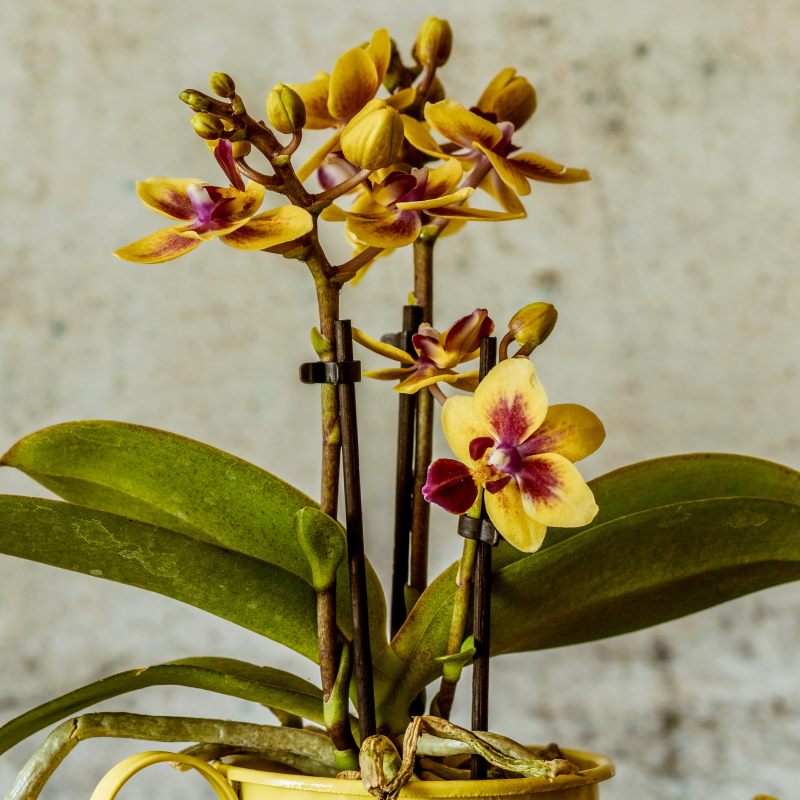
Plant Clips
Shop Plant Clips -
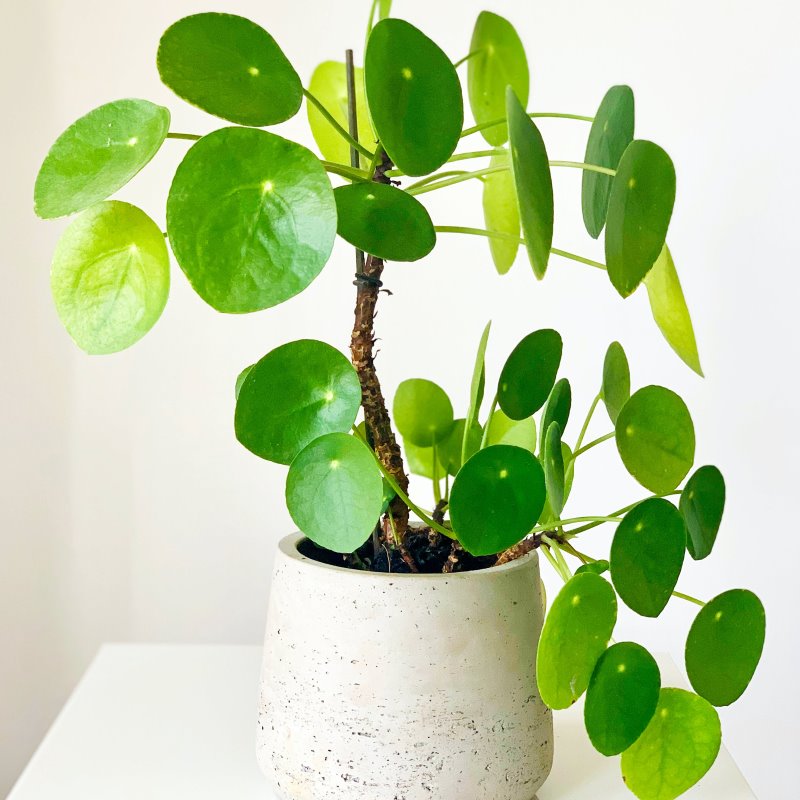
Plant Support Sticks
Shop Plant Supports -
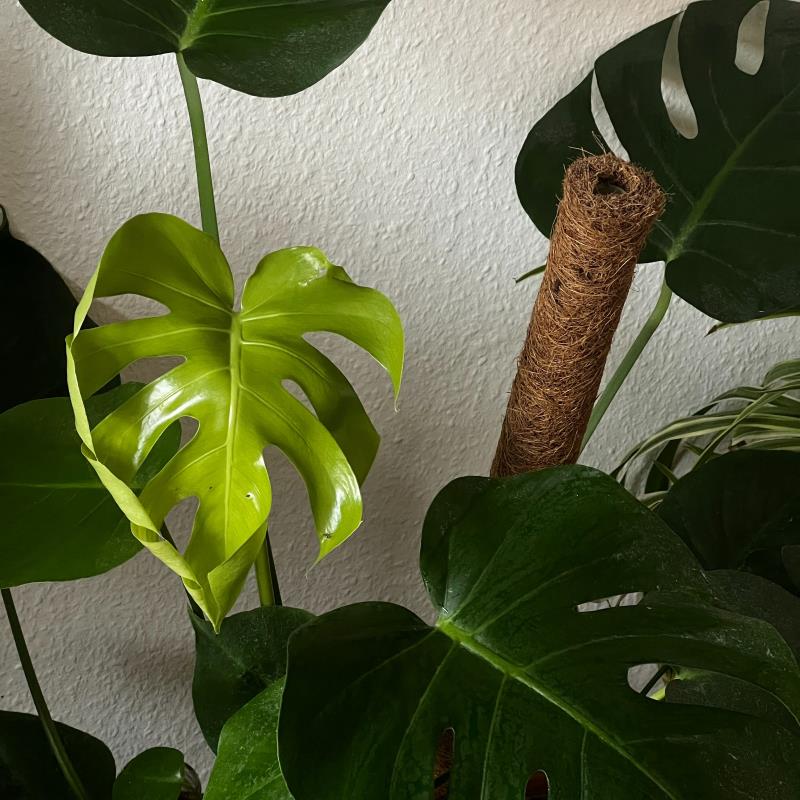
Moss Pole
Shop Moss Poles
Succulent Soil & Compost
-
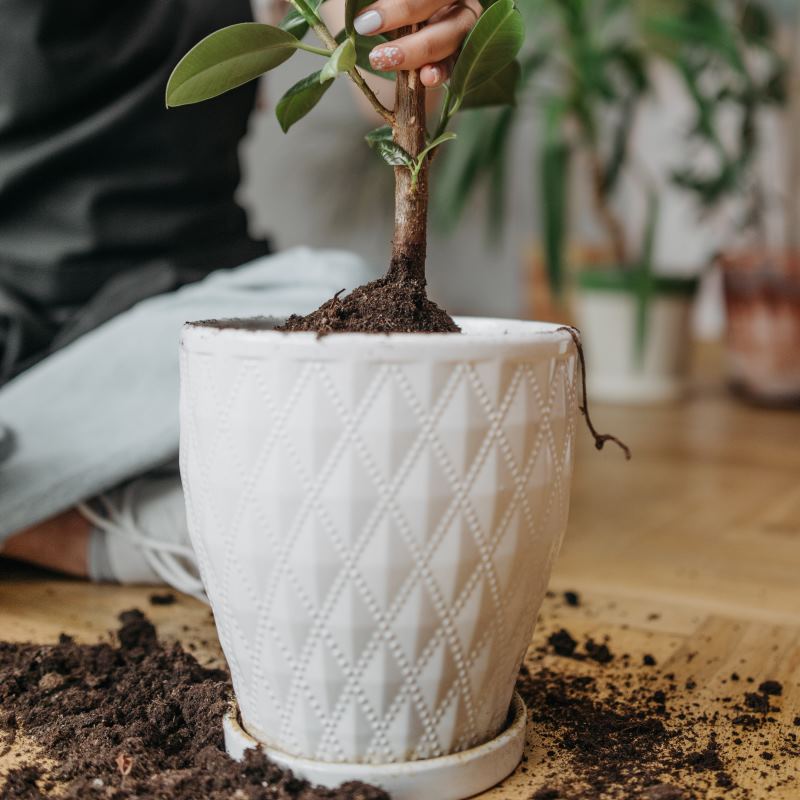
House Plant Compost
Shop House Plant Soil -
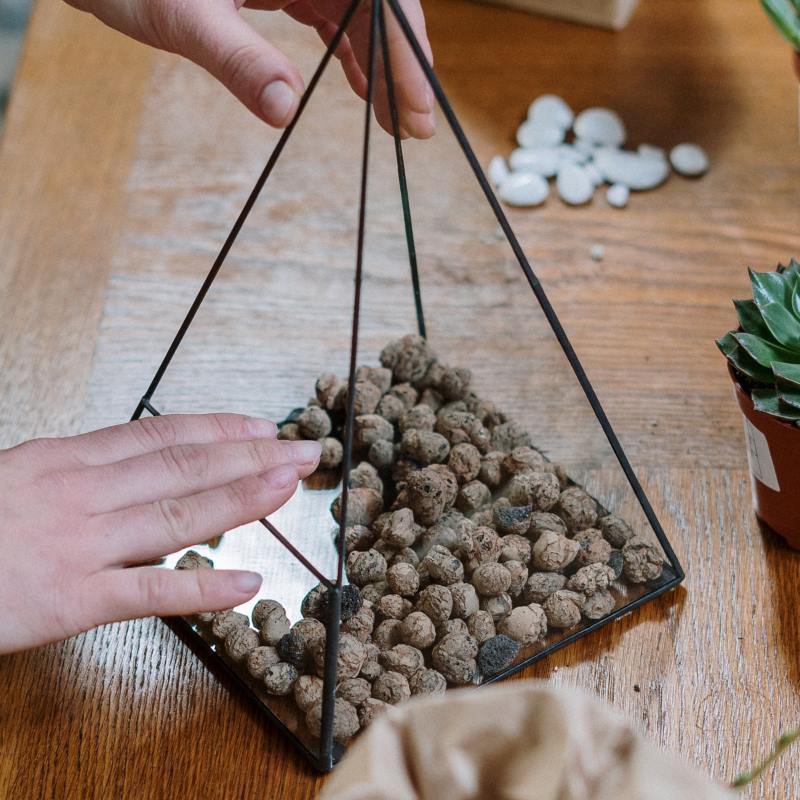
Clay Pebbles for Plants
Buy Clay Pebbles -
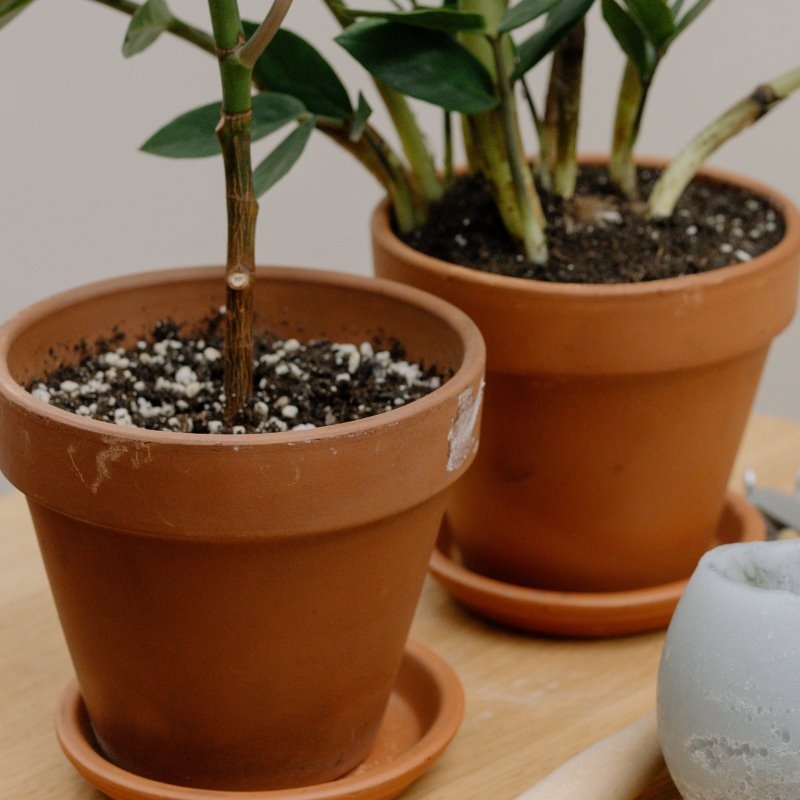
Perlite for Plants
Buy Perlite -
Succulent Houseplant Repotting & Accessories
-
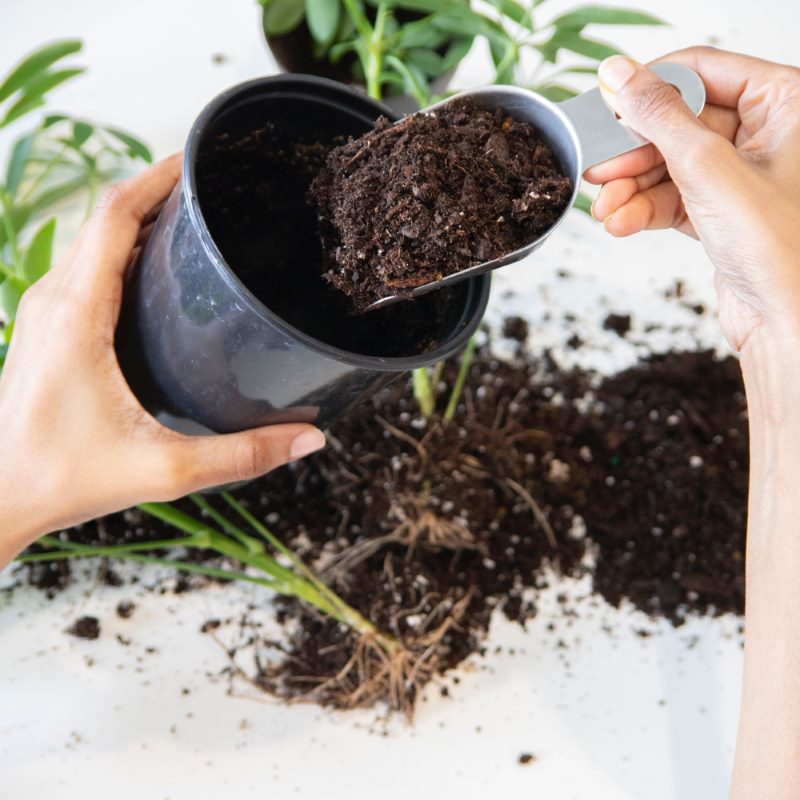
Repotting Soil
Buy Repotting Soil -
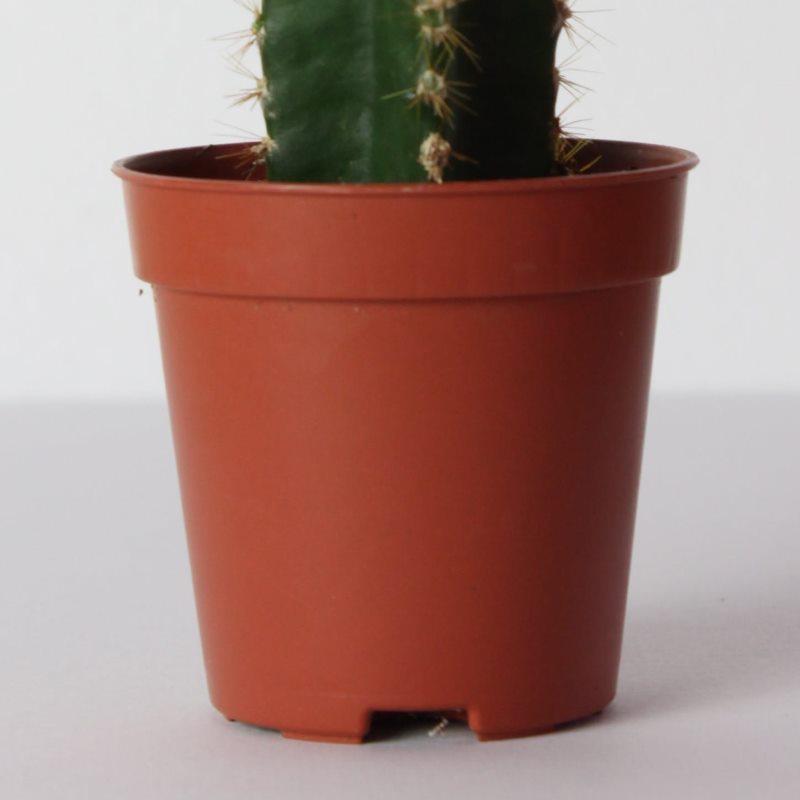
Plastic Plant Pots
Buy Plastic Pots -
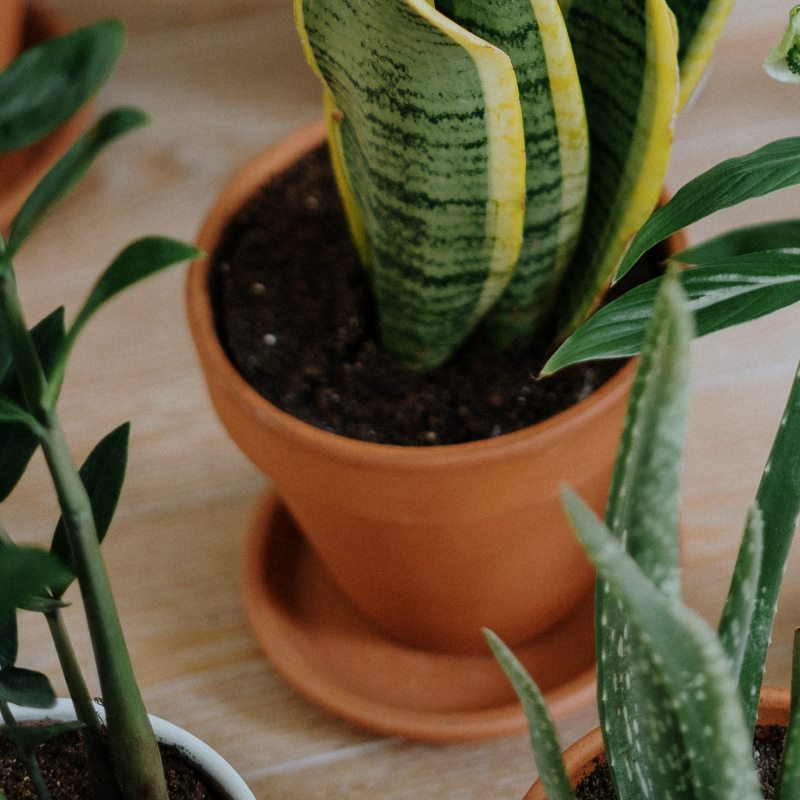
Plant Pot Saucers
Buy Pot Saucers -
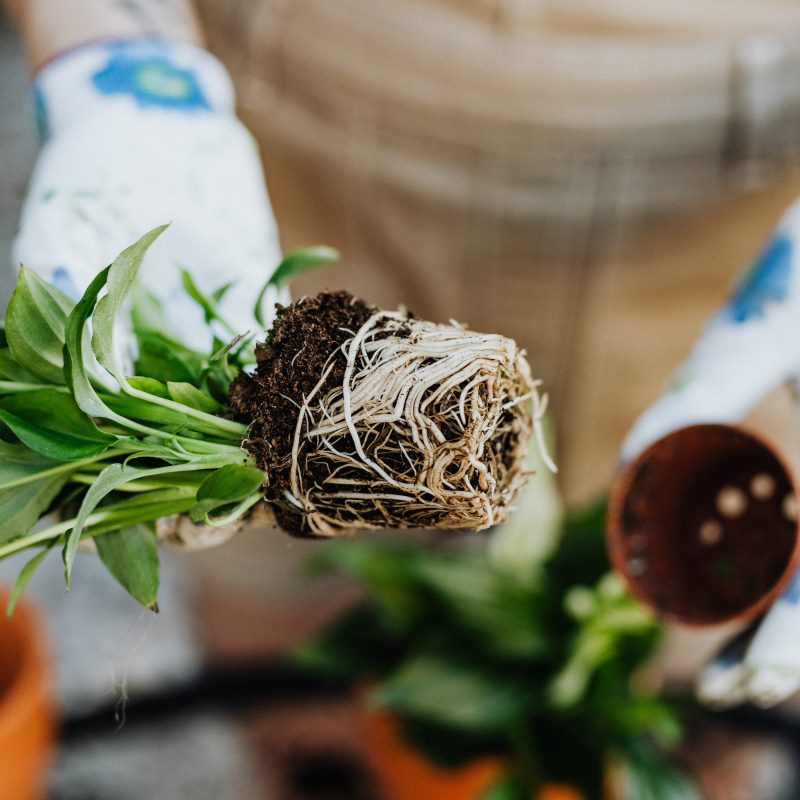
Root Growth Stimulator
Shop Root Stimulator













